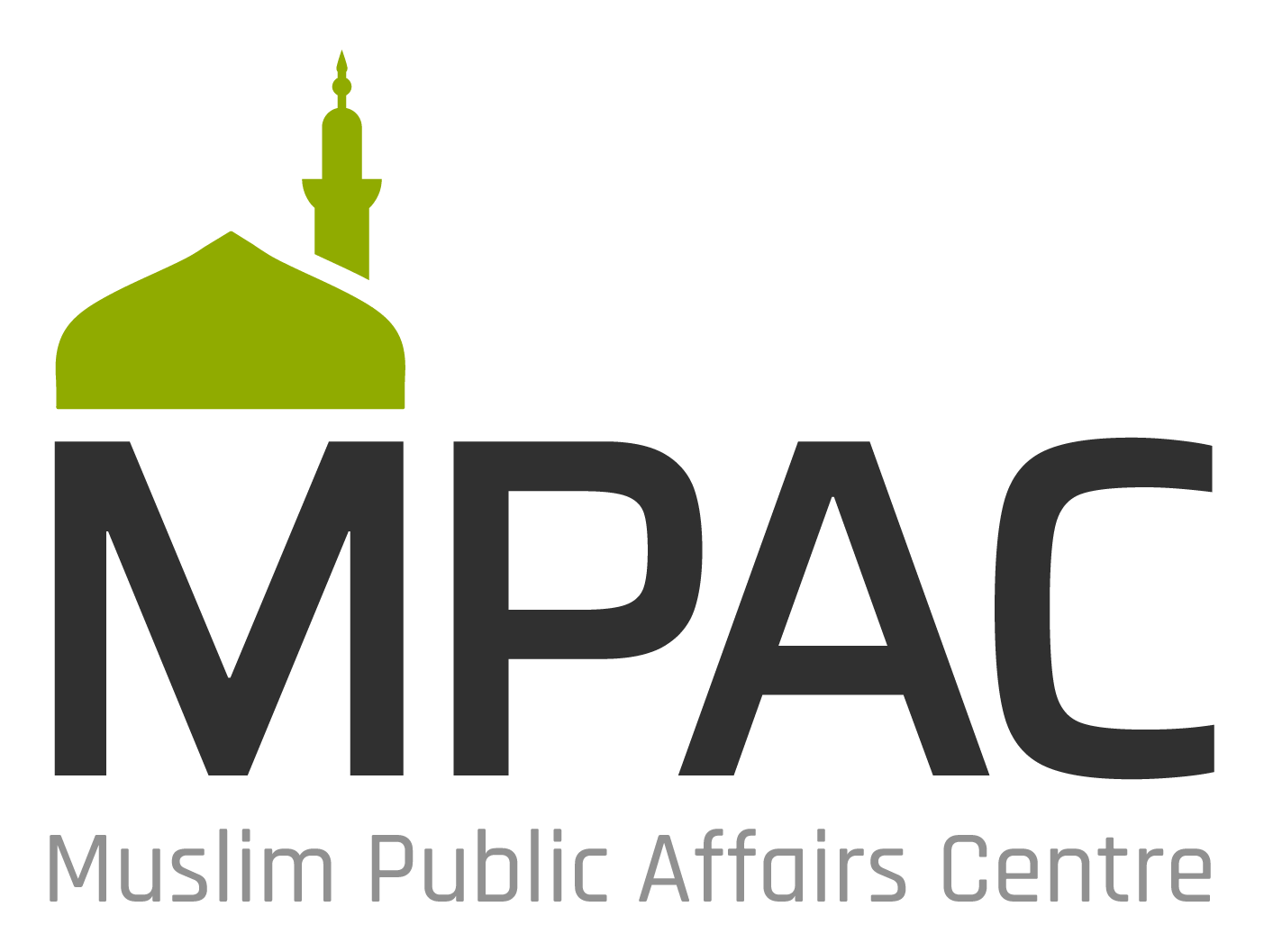Ways to Seek Redress Against Publications that Violate Media Objectivity and Journalistic Ethical standards.
Nigerian Muslims share the same common values we all cherish as human beings: a deep respect for knowledge; a passion for justice; compassion toward the sick, elderly, needy and underprivileged; devotion to the values of family life, including respect for parents and elders; and acceptance of the “others” in our midst. MPAC cherishes the value of free expression and promotes the ideals of the right of sections of the society to be able to freely express itself.
Also, the MPAC encourages and values informed debates and discussion of religious issues in the media as a way to bring communities together, shine light on issues for common benefits as well as hold respectable discourse on where we agree and disagree in order to bring about better understanding of each other’s faith and its concepts. Any publication which incites hate, fear, or which spreads negative stereotyping about Islam or the Muslim section of the Nigerian population is morally wrong, because it negatively compromises or erodes the well-being of all members of that community. It is also both legally and professionally wrong.
The issue here goes beyond the boundaries of free expression; it is about the power of “free speech” to dehumanize fellow citizens and depict them as inherently vile, violent or simply just “not like us” and imminently held in contempt. An example of such a publication that went beyond the reasonable and professional boundaries was the vile article in Thisday, Saturday, 16th of September, 2002 (on page 50) titled “The World at their Feet” written by Isioma Daniel, or the daily newspaper Jyllands-Posten’s (“The Jutland Post”) article entitled “Muhammeds ansigt” (“The Face of Muhammad”) on the 30th of September, 2005.
To address these infractions, MPAC does not advocate or support any use of violence to register protest against such publications or any publication or broadcast of offensive materials in the media. We hold the use of violence as a weapon of protest to be against the fundamental precepts of our faith and also to be counterproductive. MPAC insists that our media professionals must be held to account: media houses must be responsible, objective and balanced in their reports not as a service to the Muslim community as much as it is adherence to their own ethics and standards. We therefore recommend the following methods to seek redress against publications or broadcast that violate media objectivity and journalistic ethical standards. MPAC encourages interested Muslim group or individual to adopt these methods, in the stated order, either individually or in a joint action:
- Professional persuasion (e.g. meeting with editors);
- Political activism (e.g. asking elected politicians to condemn the
publication’s lack of sensitivity); - Emotional involvement (e.g. public expressions of displeasure, such
as writing op-ed, letters to the editor, phone calls to complain,
etc); - Economic action (e.g. boycotts); and
- Legal or semi-legal responses (complaints to press councils, civil suits, human rights, etc.).
This multi-dimensional form of protest should be used, on continuous basis by Muslim groups or individuals, seeking to prevent the publication of objectionable materials. Our strategy should be not only to confront Islamophobia in the media, but to lay siege to it. Prevention is better than cure. Also as Muslims we must develop our ability to tell our own stories. Stories that are different from the ones the public is being brainwashed to believe; to change the narrative the hostile section of the media tells about Islam..
